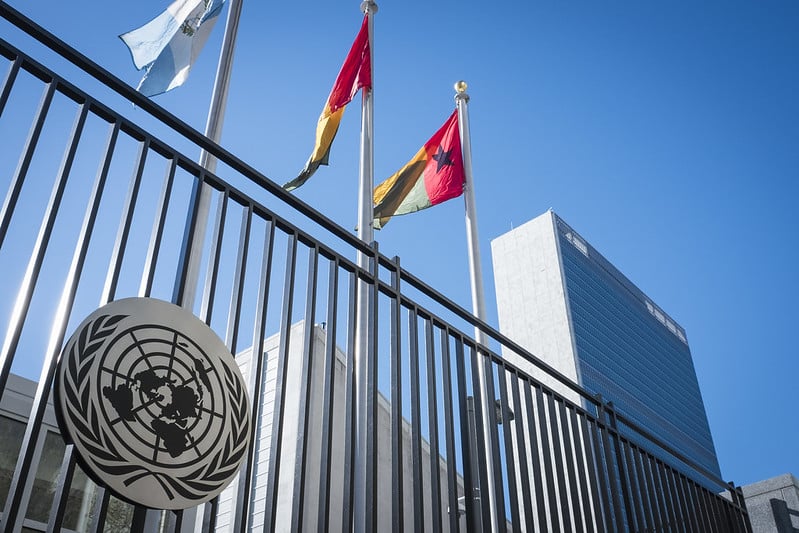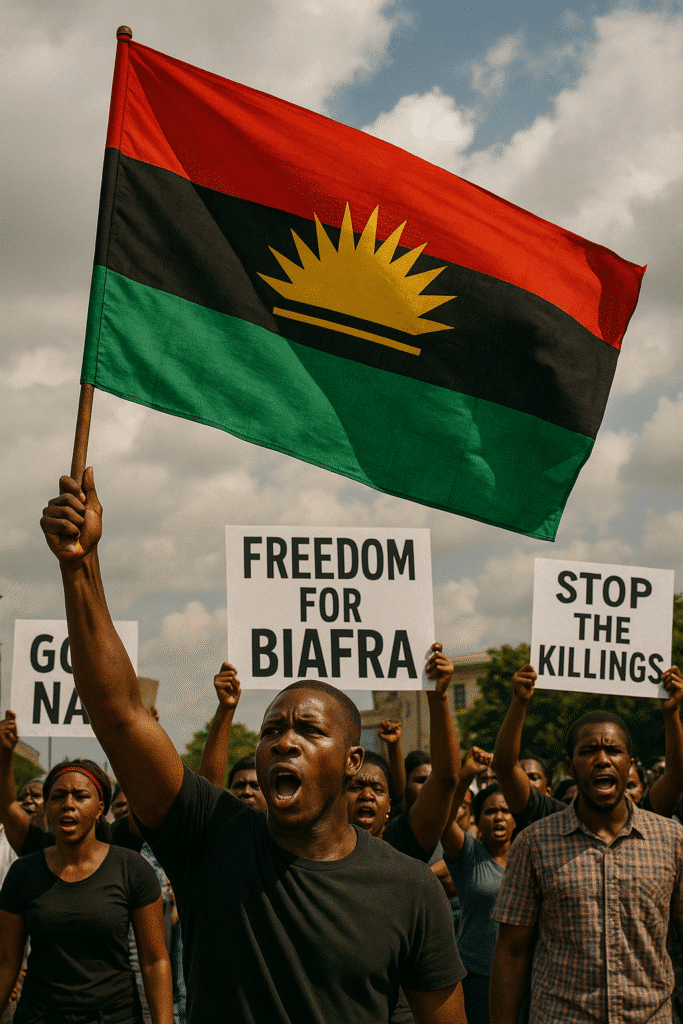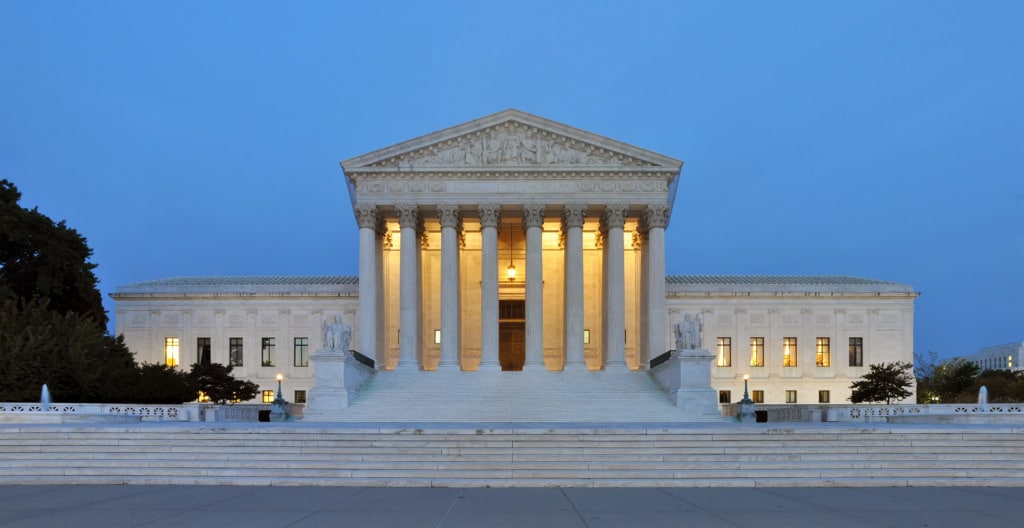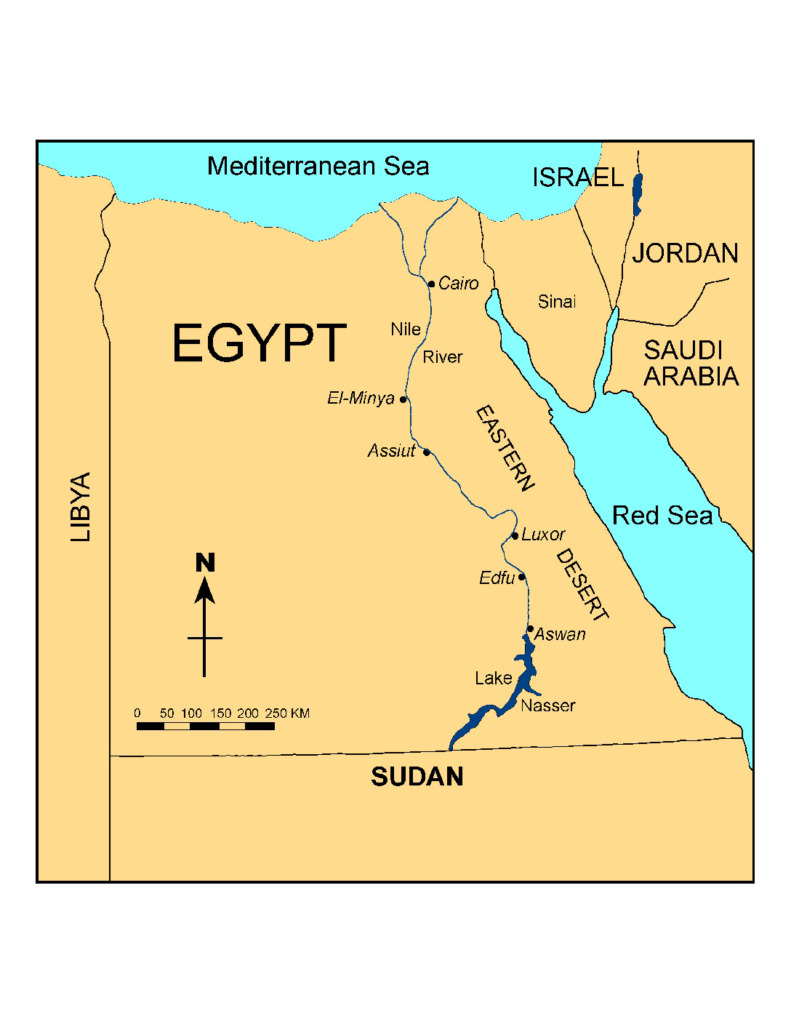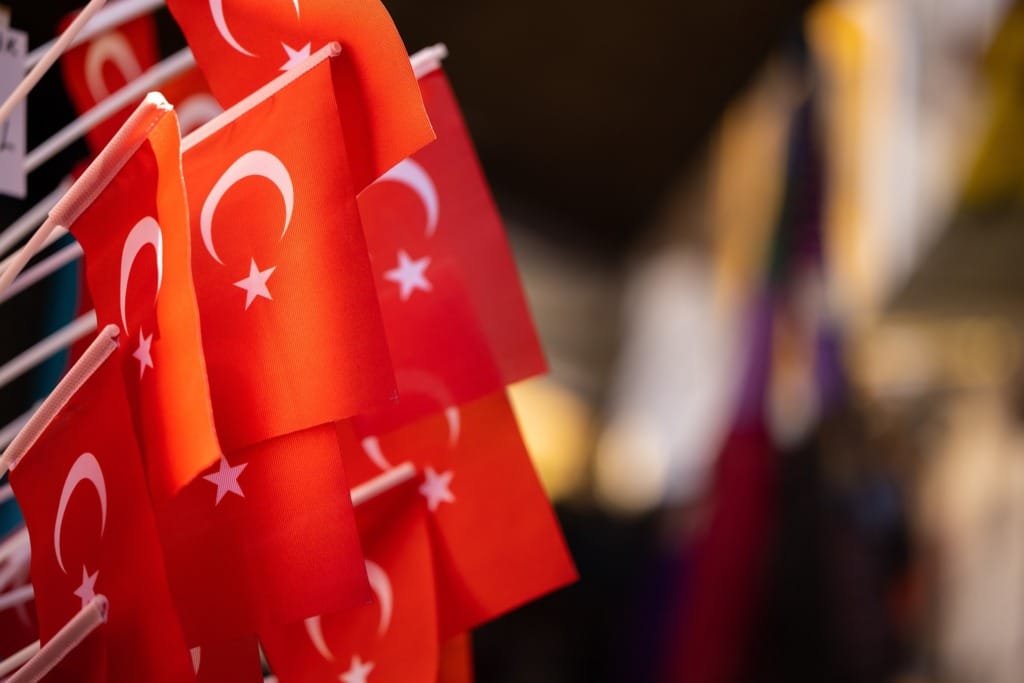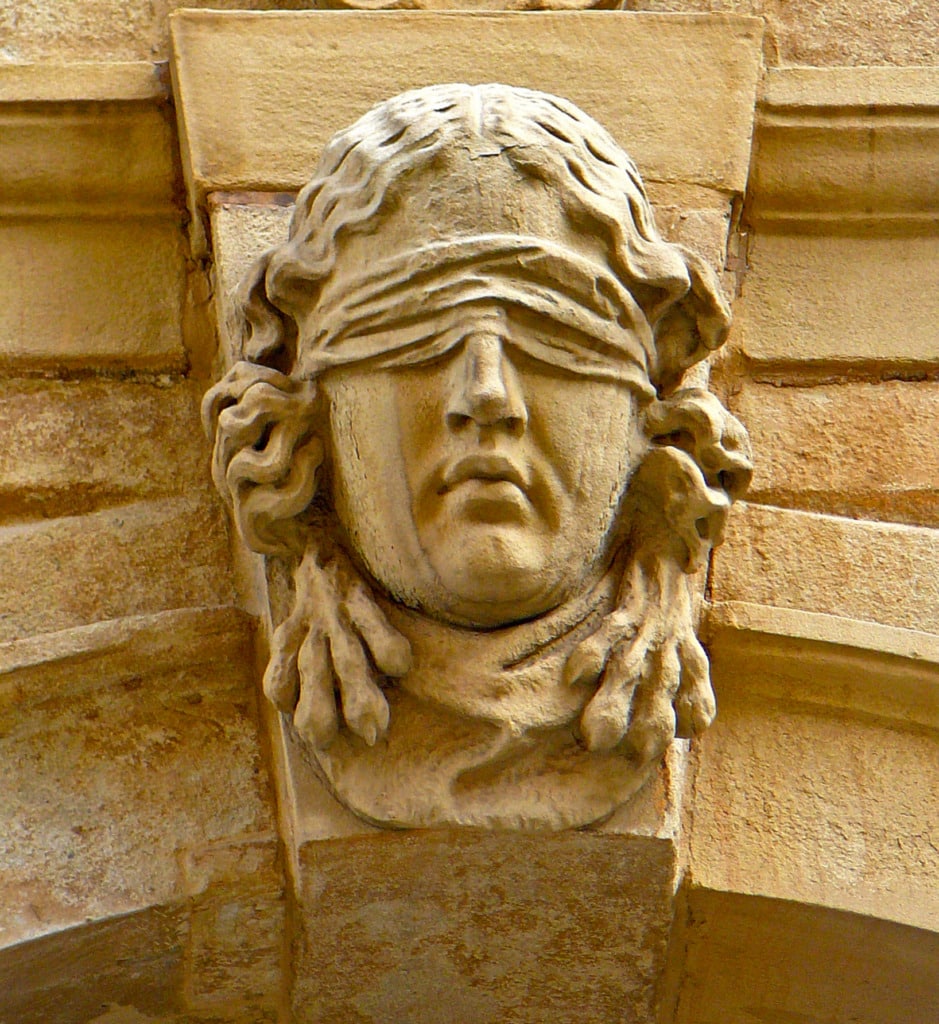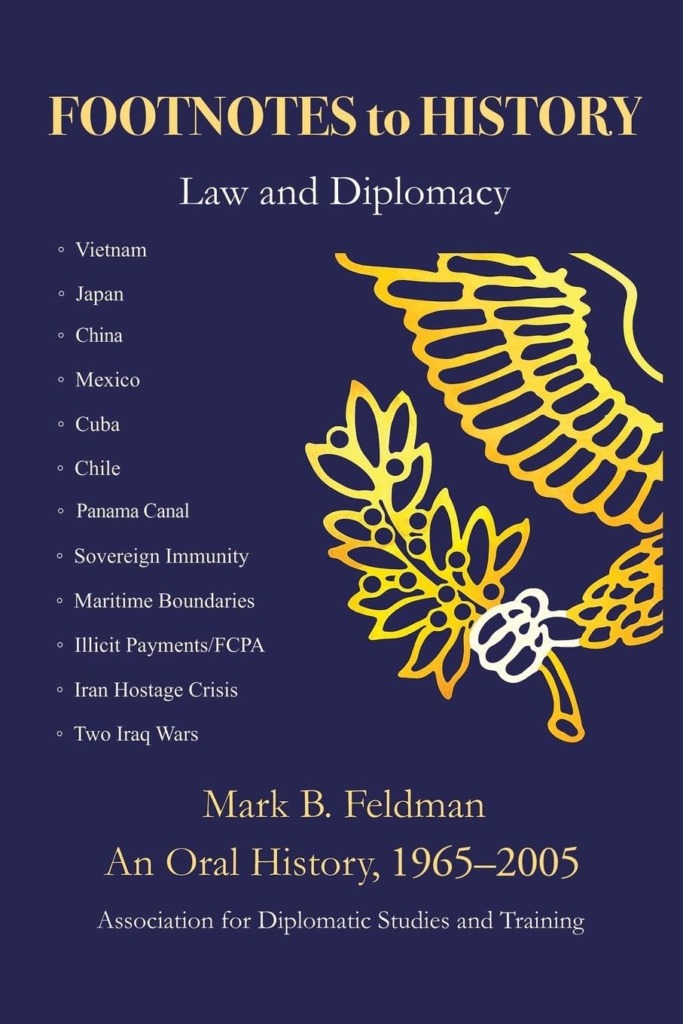Court Rejects Trump Administration’s Immunity Statement in UNRWA Case
A federal court has rejected the Trump administration statement of interest regarding the immunity of the United Nations Relief and Works Agency (UNRWA). In the Estate of Tamar Kedem Simon Tov et al. v. United Nations Relief and Works Agency (UNRWA) et al. (SDNY), foreign nationals allege that UNRWA and individual defendants knowingly aided and…
Continue ReadingFifth Circuit Holds that TPVA Does Not Abrogate Foreign Official Immunity
The Torture Victim Protection Act (TVPA) creates a civil cause of action for torture and extrajudicial killing done under color of foreign law. In Does 1-5 v. Obiano, the widows of five men killed by the Nigerian military during peaceful rallies for Biafran independence sued Willie Obiano, the former governor of the state where the…
Continue ReadingHalkbank Files New Cert Petition
Halkbank, a Turkish state-owned bank accused of violating U.S. sanctions on Iran, filed a petition for certiorari last week seeking a second chance to convince the Supreme Court that it is immune from criminal prosecution in the United States. In its first trip to the Court, back in 2023, Halkbank argued that it was entitled…
Continue ReadingDeciding the “Real Party in Interest” in FSIA Litigation
The Second Circuit has categorized a recent case against an individual Egyptian official as a case against the Egyptian government as the “real party in interest.” The case, Hussein v. Maait, was then dismissed because Egypt was immune from suit. The court of appeals did a nice job laying out and applying the relevant “real…
Continue ReadingAll I Want for Christmas (from the Supreme Court)
Following up on John Coyle’s post yesterday, I’ve prepared my own list of things I wish courts in the United States would do differently in transnational litigation. 1. Abandon the U.S.-Conduct Requirement for the Presumption Against Extraterritoriality The Supreme Court uses a presumption against extraterritoriality to determine the geographic scope of federal statutes. There have…
Continue ReadingWhat Deference to the Executive in Halkbank Should Have Looked Like
As previously reported, the Second Circuit issued its opinion in United States v. Turkiye Halk Bankasi (Halkbank) on October 22, 2024, addressing the deference owed to the executive branch’s determination that Halkbank, a Turkish state-owned bank, is not immune from criminal prosecution for violating U.S. sanctions on Iran. Similar questions of deference to the executive…
Continue ReadingD.C. Circuit Revives Case by Former Saudi Official with Ties to U.S. Intelligence
Dr. Saad Aljabri, a former Saudi official who lives in Canada, sued Crown Prince Mohammed bin Salman (“MBS”) and other defendants, alleging that they tracked him down and tried to kill him because of his relationship to the United States and to the former Crown Prince of Saudi Arabia. As covered at TLB, federal district…
Continue ReadingThe U.S. Takes the Fight Against Bribery to Foreign Officials
American companies, U.S. issuers, and persons in the United States have long been barred from bribing foreign officials under the Foreign Corrupt Practices Act (FCPA). But until December 2023, no U.S. law directly penalized those foreign officials for soliciting or taking bribes. With the enactment of the Foreign Extortion Prevention Act (FEPA), buried deep within…
Continue ReadingU.S. Brief in Halkbank Abandons Customary International Law in Immunity Cases
In Turkiye Halk Bankasi A.S. v. United States (Halkbank), the Supreme Court held that the Foreign Sovereign Immunities Act (FSIA) does not apply to criminal proceedings. The Court remanded Halkbank’s separate claim of common law immunity to the Second Circuit for reconsideration. On November 20, 2023, after two extensions, the United States filed its brief on remand. The U.S….
Continue ReadingA View of Transnational Litigation from the State Department
I recently had the pleasure of reading Footnotes to History: Law and Diplomacy by TLB contributor Mark Feldman. Mark spent sixteen years (1965-1981) at the U.S. State Department’s Office of the Legal Adviser, where he helped write the Foreign Sovereign Immunities Act (FSIA), the Foreign Corrupt Practices Act, and the Iran Claims Settlement Agreement. The…
Continue Reading